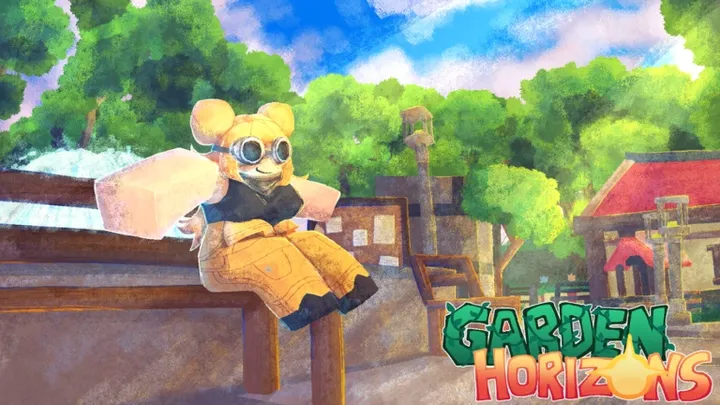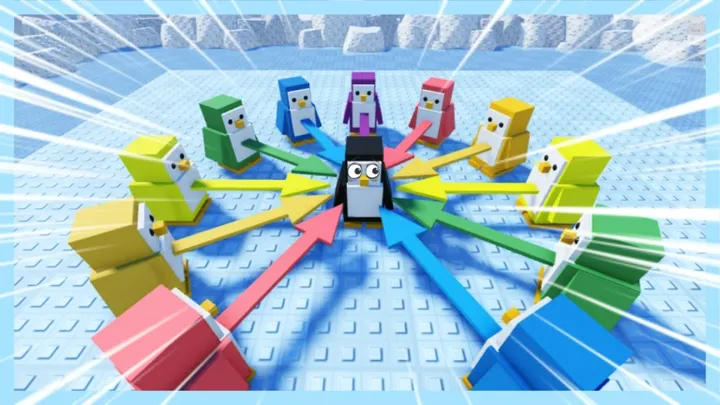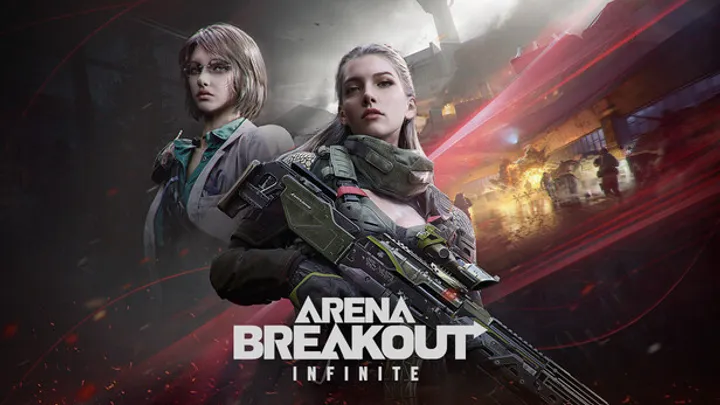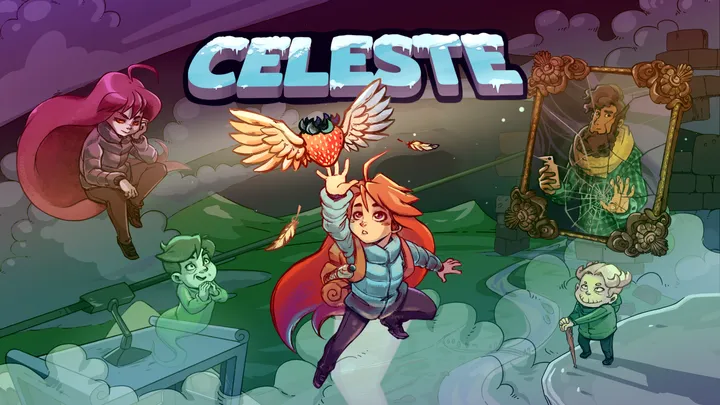GUIDES, FAIR REVIEWS,
TOP GAMES AND FRESH NEWS
READY FOR YOU

01
The Top 3 Food & Cooking Apps of 2026
Top apps
February 23, 2026
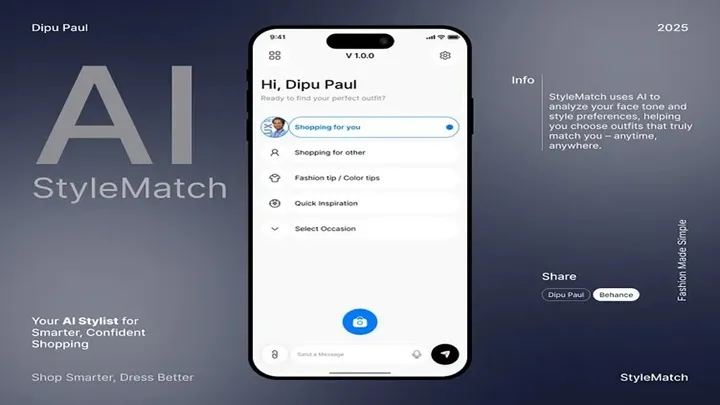
02
The Top 3 Fashion & Shopping Apps of 2026
Top apps
February 23, 2026
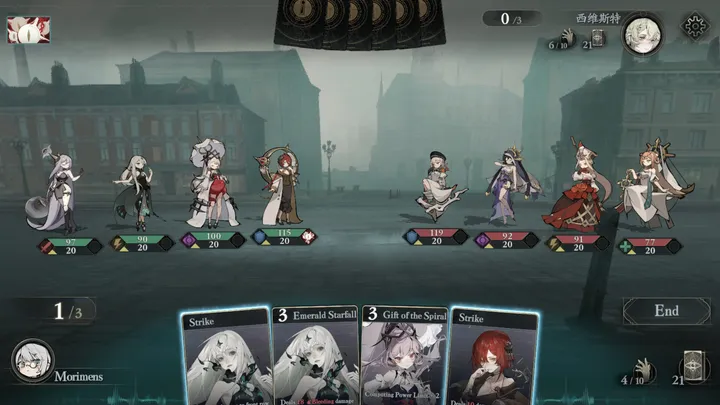
03
How to Master Morimens: A Complete Progression Guide from Beginner to Endgame
How to
February 23, 2026
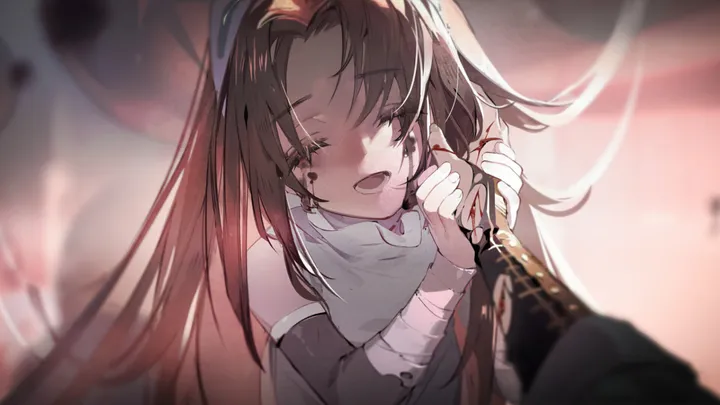
04
MORIMENS – COMPLETE TIPS & GUIDES TO MASTER STRATEGY, TEAM BUILDING, AND LONG-TERM PROGRESSION
Tips & Guides
February 23, 2026
